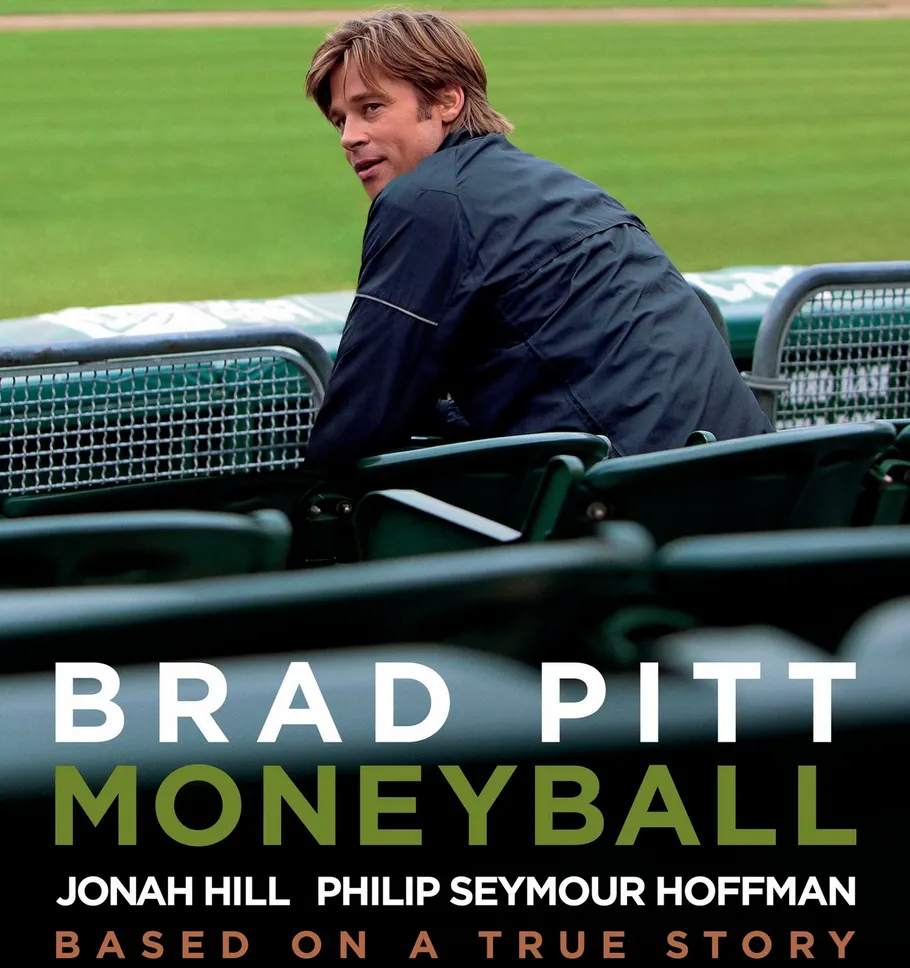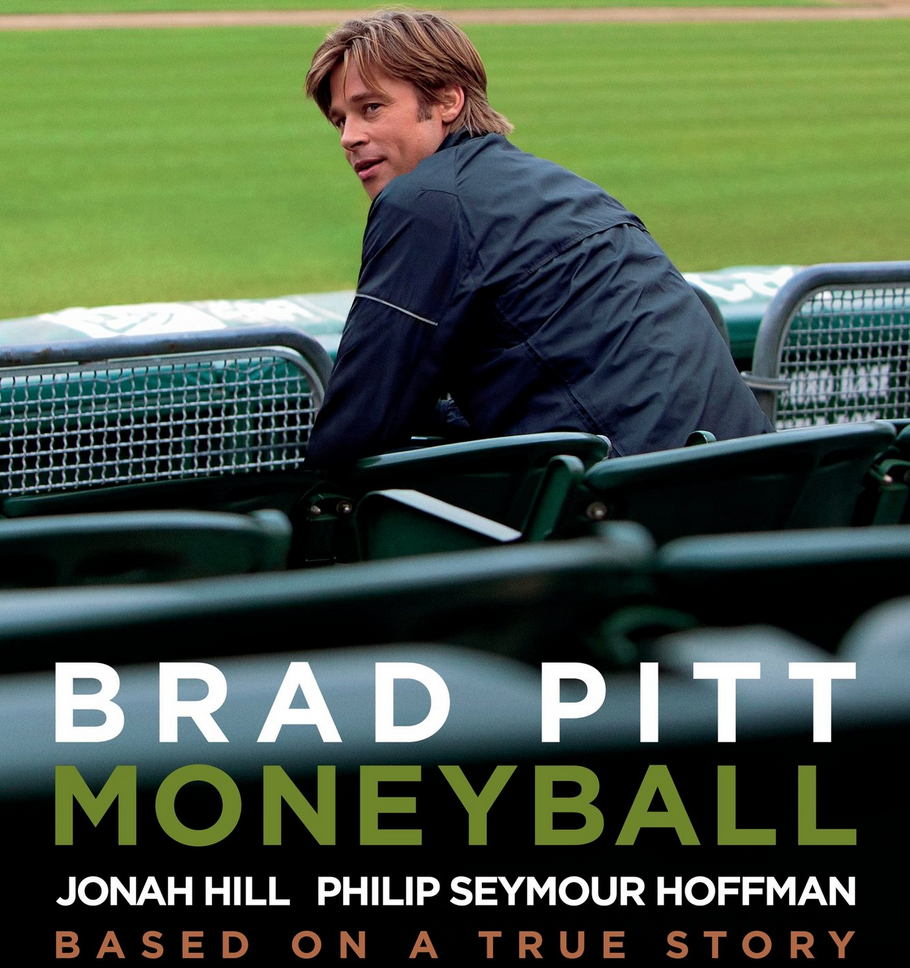What if I told you that the next big Hollywood thriller could be shot on your smartphone? It might sound like a pipe dream to some, but renowned director Danny Boyle is proving this notion isn’t so far-fetched. Utilizing the advanced capabilities of the iPhone 15, he’s crafting his sequel to the cult classic “28 Days Later”—dubbed “28 Years Later”—all while keeping a hefty $75 million budget in check. This bold move may just pave the way for an era where creativity knows no bounds, and budgets become a mere footnote in the storytelling process. But what does this trend mean for aspiring screenwriters like us? Should we channel our inner Spielberg and skip worrying about the budget while we pour our hearts into screenplays? Spoiler: Absolutely! Let’s dive deeper into how you can harness your imagination without the constant nagging of financial constraints. LEARN MORE
Sometimes, all you need is an iPhone to shoot your movie. Just ask Danny Boyle, who uses adapted iPhone 15s to shoot his follow-up to his zombie thriller, 28 Years Later, written by Alex Garland. WIRED reports that this project, with a $75 million budget, will be the largest Hollywood movie ever filmed using smartphones.
The decision to use iPhones likely serves to elevate the gritty, documentary-like visual language of this genre-defining project, similar to how Boyle used the Canon XL-1 camcorder—equipped with interchangeable lenses and recording to MiniDV tapes—when shooting 28 Days Later.
But Boyle’s decision to shoot on iPhones also reflects a growing trend: budgets and technology are flexible, but the story remains paramount.
Why You Shouldn’t Consider Budget When Writing
While thinking about budgets is something screenwriters need to understand, you shouldn’t consider them when writing your screenplay.
When you sit down to write out your idea, write big! The story is, and will always be, king.
Movies take many shapes and sizes, and you aren’t the one paying to make them. So, write big! You’ll have plenty of time to consider the budget after securing one, but first, you need to finish, share, and get producers attached to your spec script.
Novice screenwriters need to build out their portfolios, so having a diverse amount of work—genre pieces, shorts, indie or big-budget features, short stories, and stage plays—is necessary for a successful career. These writers don’t have a producer or studio assigning or buying their work, so creating a portfolio of work that shows off your voice is essential.
The reality is that your big-budget action spec script is unlikely to get made if you’re an unknown writer. Studios are not eager to spend $100 million on a completely unknown writer, but keep that spec in your portfolio to showcase that you can write big stories.
Studios prefer to produce specs they can make on a mid- to low-budget. Lower-budget films might not deliver the huge payday you expected when you started screenwriting, but you get your story made (and you gain a credit and connections to leverage when pitching your next screenplay).
Read More: From a Producer’s Perspective: How to Think About Budget, Genre, and Distribution
When Do You Think About Budget?
While budget shouldn’t constrain your initial draft, there comes a point when thinking about production costs is essential. There’s a time and place to think about rewriting a script for a budget, and it’s typically after you budget the script.
With a projected budget in mind, you can start to make changes to the screenplay.
There are many aspects of a story to consider when it comes to adjusting elements that could potentially eat into the budget—locations, shooting days or nights, weather conditions, CGI effects, and actors’ availability.
If you’re working under the $2 million range, try to keep locations minimal and visual effects small—so no big crowds, no space stories, and no massive explosions.
Contrary to popular belief, financial constraints can benefit you and the story. As J.J. Abrams once said, “I’ve learned financial compromises can lead to creative inspiration.”
While some aspects of the story may need to change, the overall structure, themes, pacing, and emotional arc should remain intact. Don’t touch the core of the story, but rework some of the costly parts of the spec. Consider limiting locations, avoiding moving vehicles, shooting day-for-night for night scenes, and minimizing VFX, if any.
But remember, you are just the screenwriter. Your script is merely the foundation that someone else will build upon. Focus on crafting the strongest story possible, and then worry about budget when you’re ready to sell the spec or when you are ready to make your film yourself with the help of ScreenCraft’s Film Fund!
Read More: 10 Steps to Writing a Micro-Budget Screenplay
Bring Your Project to Life Any Way You Can
There are many ways to bring your spec script to life. From the Film Fund competition, which offers up to $30,000 in funding for standalone screenplays to fully-packaged projects, to fundraising events, screenwriters can find the money to make their movies.
It might seem daunting to bring your script to life, but there is a local filmmaking community around you that’s eager to help bring great stories to the screen.
Notable filmmakers shot a handful of movies with various budgets on iPhones because the medium enhanced the story’s intimate tone. If you’re connected with filmmakers in your community, someone likely has a camera that matches your story’s tone and is willing to lend or rent it for your production.
People will come together to make a great story come to life, and there are creative ways to get your story out there even if you don’t have a huge budget.
—
Don’t let the idea of a budget hold you back from writing your story, even if it takes longer to produce if it costs more than $2 million. You should still write that spec! Keep it in your portfolio, pitch it to the right people, or enter it into the right competition when the time is right.
And while you’re waiting, write that smaller story or rewrite a mid-budget project to work for a smaller production. A strong story is likely to get made if it doesn’t cost an arm and a leg. Credits are king in this industry, so make those creative and financial decisions that will get your screenplay off the ground!
Read More: These Filmmaking Podcasts Will Change the Way You Make Movies





